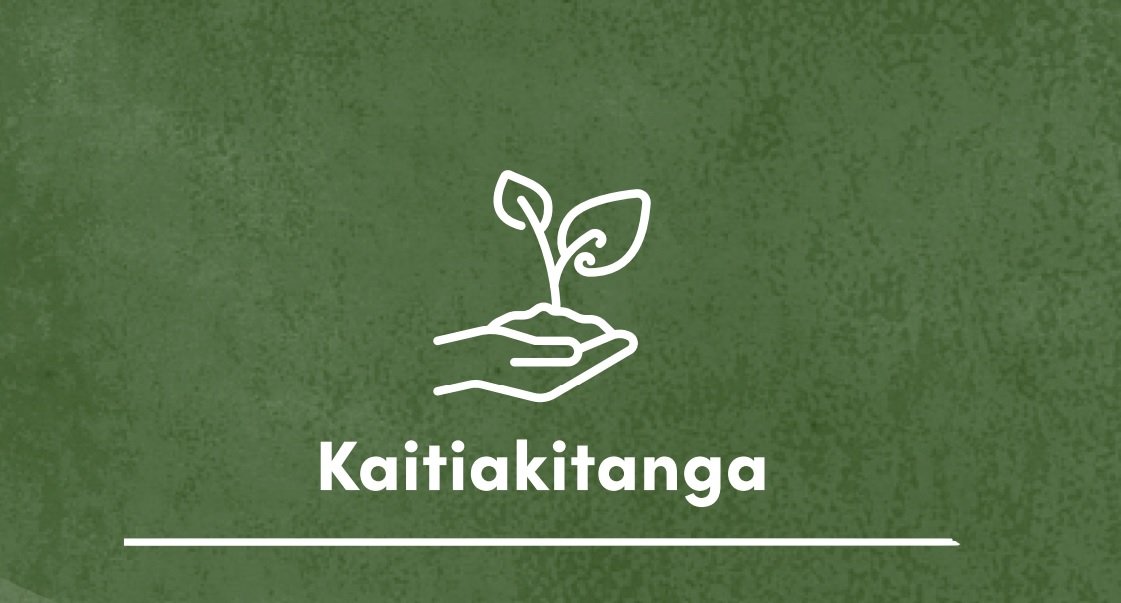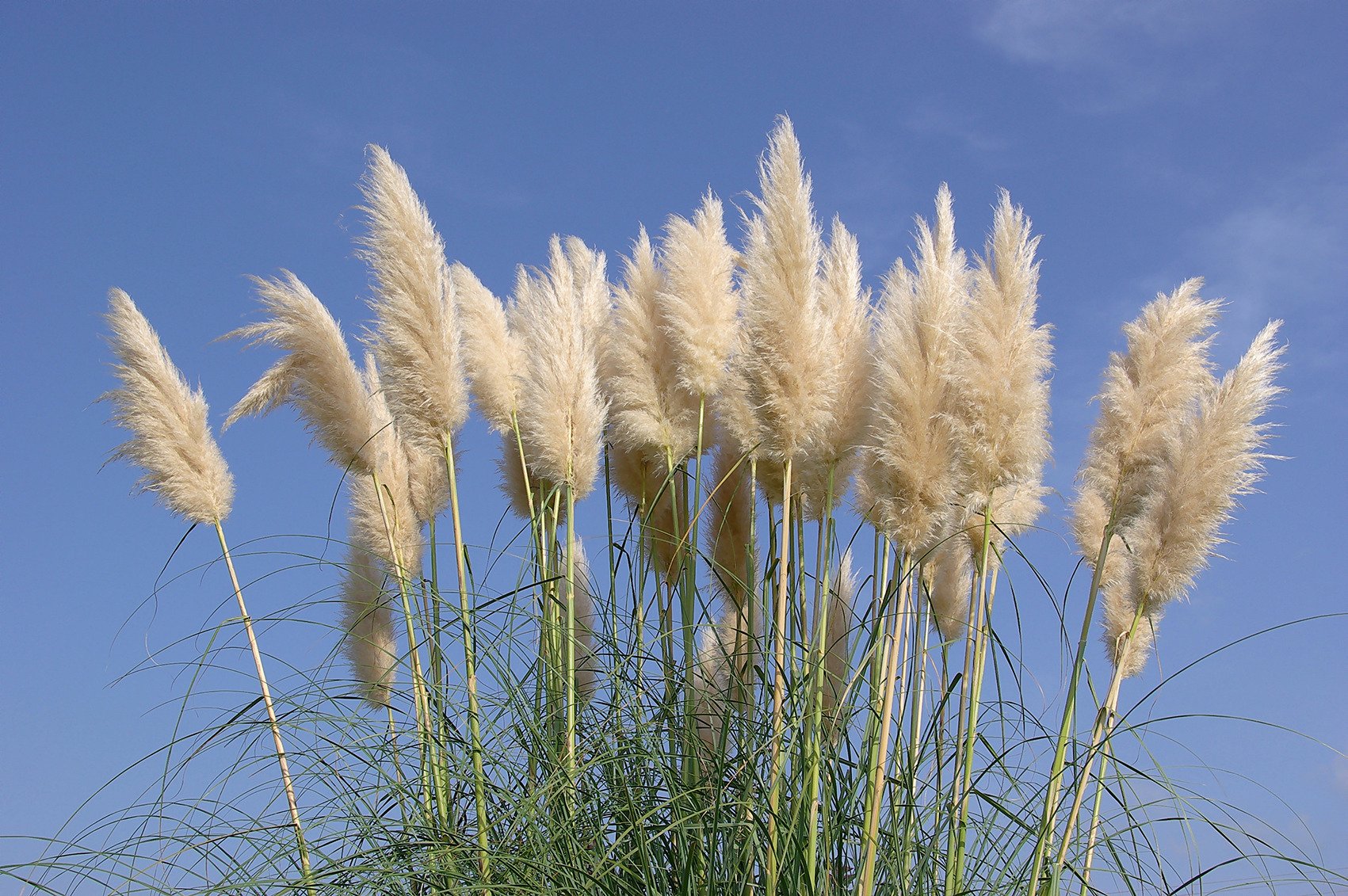Stories & Pānui

welcome to our august pānui
“Manaaki whenua, manaaki tangata, haere whakamua”.
By caring for the land and the people the future will be prosperous.
As we huddled together across Aotearoa during the crisp Matariki nights, gazing towards the stars and remembering those who have shaped us, the Kore Hiakai Zero Hunger strategic leadership and kaimahi team were taking a few tentative steps into that newness. We give thanks and offer our dreams for the year ahead:

Welcome to our March 2023 Pānui
Ki te Kotahi te kākaho, ka whati;
ki te kāpuia, e kore e whati
If a reed stands alone, it can be broken;
if it is in a group, it cannot.
So often during a crisis our communities come together, bonded through adversity that gives rise to care and compassion. We have witnessed collective strength during our most challenging times – whatever it is we’re facing, as we’ve stood in solidarity so that we can respond and heal. Together we cannot be broken.
